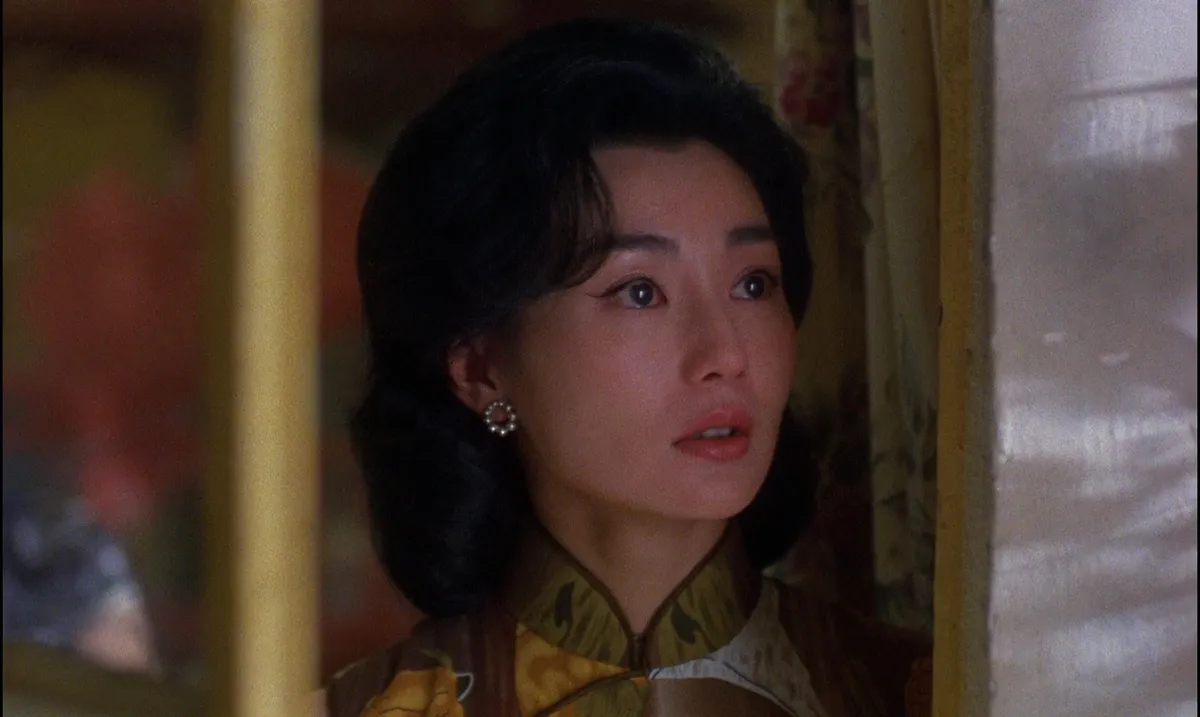How would a world ruled by China be?
Winston Churchill once famously said that the intentions of (then Soviet) Russia were “a riddle, wrapped in a mystery, inside an enigma”. Nowadays their intentions are not so mysterious. You may agree or disagree with them, and I suspect most people in the West today will disagree, but they seem more or less clear — but China? What is China’s role in all this?
The Chinese leader Xi Jinping visited Russia recently, and although China and Russia have a growing cooperation in economic matters, China stopped short of giving direct military support. But the same day that Xi was in Moscow, the Japanese PM visited the Ukraine. Meanwhile, Americans grow increasingly pushy on the Taiwan front, and freak out about Chinese weather balloons, so if World War III should break out, you know more or less who will be on each side.
Would a Chinese-ruled world be better than an American-ruled one? I am not a great fan of the Chinese style of government, much less of the heavy-handed way they handled Covid, but, on the other hand, they seem less pushy on the cultural and political front than Americans. The United States tend to consider themselves the arbiters of global morality and use war or sanctions or propaganda to promote whatever they want abroad — be it “democracy” or “gay rights” or “critical racial theory”, they always seem to be pushing something or other. The Chinese, on the other hand, have been present in Africa and Latin America for decades now, and I don’t think they’ve been pushing Confucianism or CCP Communism or anything else to the local population. They seem mostly interested in doing business, so far.
Even Chinese immigrants tend to integrate better than other nationalities. For years “supermercados chinos” or Chinese-owned mini-markets (although, to be fair, many could also be Korean) have been a feature of Argentina and other Latin American countries, not to mention the 99 cent stores (now with inflation, updated to 1.99 or 2.99). The Chinese do their business, keep to themselves and rarely cause trouble.
On the other hand, the U.S. are more successful in the cultural and propaganda war. I’ve been saying for a while that Hollywood is in decline, but a lot of people seem to disagree with me. American cinema is still popular all over the world. Chinese cinema? Not so much. They had a good run in the early 2000s with Zang Yhamou, Wong Kar-wai (from Hong Kong) and other directors winning prizes and accolades, but right now Korean cinema seems to be more ascendant. Japanese anime continues being popular too. Chinese productions, on the other hand, seem to translate less well to Western audiences.
Japanese cinema, which I admire — in particular the work of classic directors such as Kurosawa and Ozu — did not exactly take over the world, but was pretty successful for decades and influenced many other directors. Even more recent directors such as Hirokazu Kore-Eda or Takeshi Kitano have been rightly celebrated in the West. Not to mention the extraordinary worldwide success of Japanese novelist Haruki Murakami, many times transposed to cinema, most recently in the award-winning “Drive my Car” (Ryusuke Hamaguchi, 2021). Does China have anything similar? If they do, I am unaware of it.
The Chinese have been doing well in the tech world, however. Lenovo and other computer brands have been very successful worldwide. Of course their greatest recent tech success story is TikTok. The Americans accuse TikTok of spying on its users and sending the information to the Chinese government, which is kind of ironic, considering that all social media apps in the U.S. do exactly the same. In fact, there is a fair amount of evidence suggesting that companies such as Google, Apple and Facebook have long-standing partnerships with agencies such as the CIA, NSA and the FBI. The U.S. worry seems to be really more about economic competition — and in fact, Youtube and Facebook have recently launched their own short video services similar to TikTok.
Perhaps the biggest loser in a Chinese-ruled world (besides the U.S., of course) would be Japan. There’s bad blood between the two countries on account of World War II and Japanese occupation. On the other hand, while the U.S. and Japan are now allies, they weren’t until recently, and one could argue that the Americanization of Japan hasn’t been completely beneficial for the country, which now has one of the lowest birth rates in the world among other social problems. But would China leave Japan alone?
In the West, China is a place traditionally associated with mystery. In “Gremlins” (Joe Dante, 1984), the creature that gives birth to the little demonic trolls is purchased from an old Chinese man in a Chinatown shop, and, of course, comes from ancient China. In Spanish, the term “tortura china” or Chinese torture is still used to signify a particularly gruesome ordeal. Probably inspired by Lingchi, or “death by a thousand cuts”.
“May you live in interesting times” is reportedly an ancient Chinese curse too. Well, we certainly do now.



Good to see your site.
I was over the moon w/ Zhang Yi Mou’s epic trilogy and I note w/ irony that Taiwan’s Shen Yun glitzy dance extravaganza, subtitled China Before Communism, steals Zhang’s color palette for their latest production. If you want a full blown defense of China, both culturally and politically, try Thomas Pattberg’s blog here on Substack.
There’s an all fronts propaganda war against China now. Two of my conservative friends have been infected by it. Instead of recognizing the threat (hell, takeover) from within, they fumigate about an enemy outside the gates. One as you correctly point out that has none of the social pathogens, the left in the US is busy spreading.
I never understood this obsession of the American right (and in particular of mainstream Republicans) of seeing China as this big threat. It’s not China that has hundreds of military bases around the world, including next door to China (Philippines, Japan, Korea, etc). Also it’s not China constantly demonizing or making things worse for white working-class Americans (the U.S. government does that just fine).